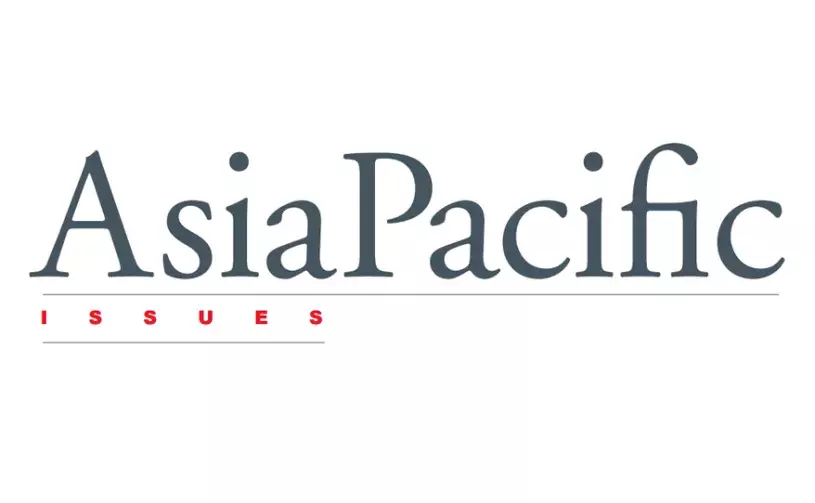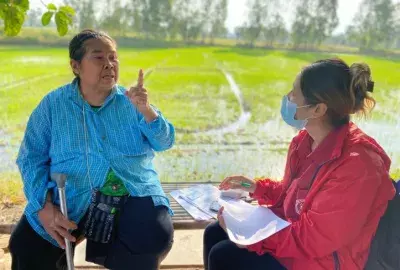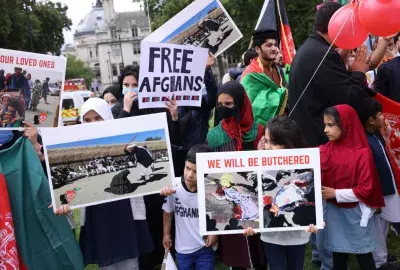Error message

After 50 years of military rule, in 2011 the Thein Sein government's reforms in Myanmar (Burma) entailed a reengagement with the international community, including major international financial organizations, donors, nongovernmental organizations (NGOs), and civil society organizations (CSOs). The government's social and economic development policies, which were strongly influenced by this engagement, encouraged private domestic and foreign investment in agriculture to create wealth and reduce poverty. Land legislation allied to these policies was designed to improve land tenure security, yet it had harmful effects on the majority of the population employed in agriculture, including smallholder farmers and ethnic communities. Developed and passed without public debate, the government's land reforms facilitated further land confiscation and formalized ongoing inequities. This experience contains lessons in future policy development for the National League for Democracy (NLD) government.
The views expressed in this publication are those of the author and not necessarily those of the Center.
After 50 years of military rule, in 2011 the Thein Sein government's reforms in Myanmar (Burma) entailed a reengagement with the international community, including major international financial organizations, donors, nongovernmental organizations (NGOs), and civil society organizations (CSOs). The government's social and economic development policies, which were strongly influenced by this engagement, encouraged private domestic and foreign investment in agriculture to create wealth and reduce poverty. Land legislation allied to these policies was designed to improve land tenure security, yet it had harmful effects on the majority of the population employed in agriculture, including smallholder farmers and ethnic communities. Developed and passed without public debate, the government's land reforms facilitated further land confiscation and formalized ongoing inequities. This experience contains lessons in future policy development for the National League for Democracy (NLD) government.
The views expressed in this publication are those of the author and not necessarily those of the Center.







